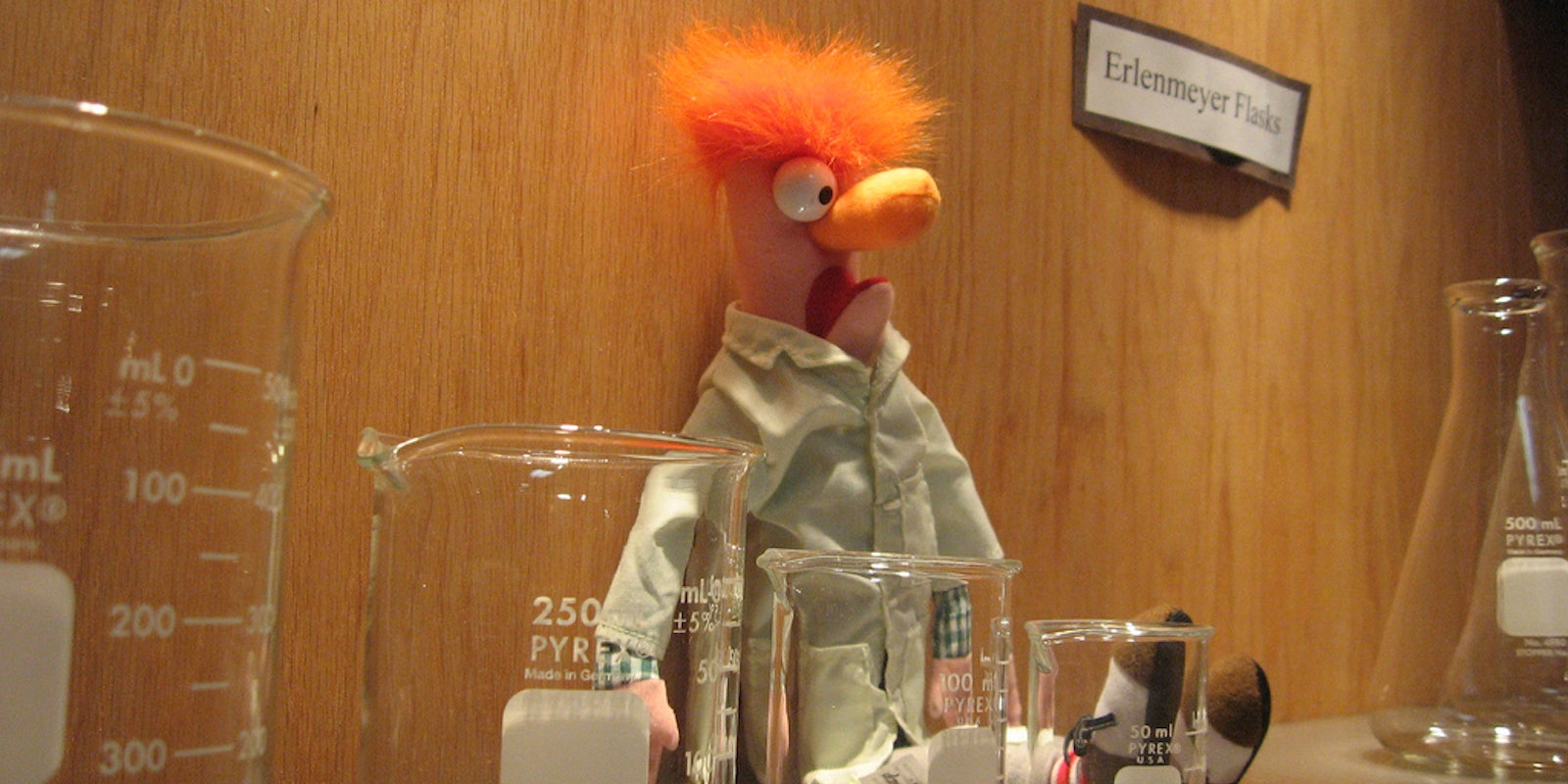Crystal therapy. Egyptian psychoaromatherapy. Mind control. They sound like topics of the confused ramblings at your local new-age bookstore. But at the TEDx conference in Valencia, Spain, they’re “ideas worth spreading.”
TED talks have followed a simple formula to ensure ubiquitous online success: Take big ideas or complicated science and dumb them down into the intellectual equivalent of a sound bite. But now the organization is reeling from allegations that pseudoscience hucksters are dragging its name through the mud.
Many of Spain’s science journalists were outraged by the speakers invited to the Dec. 1 speech in Valencia. The lineup included Jose Rius, a self-professed “mind control expert,” and Adoración Ferreres, an “expert in bio energy holistic techniques, psycho-egyptian aromatherapy, and transpersonal homeotherapy.”
The conference was run by a TEDx branch—essentially, a local group that licensed the right to the TED name, but isn’t run by the organization itself. That might be why the protests in Spain fell upon deaf ears, and why it took a popular thread on Reddit to finally make the TED mothership listen.
“Seeing the TED name associated with this freak show in a country where science and education have already been cornered and budget-cut by its own government is extremely sad,” redditor circuitry wrote in the thread, which was also shared at Reddit’s giant r/science forum. “TED should react and examine its own standards in order to avoid being ashamed by these hordes of rain-makers and mystic scam artists in the future.”
Well, TED finally reacted. The organization released a public mea culpa earlier today, which also included guidelines TEDx organizers should follow to avoid pseudo-science hackery in the future.
”Presenting bad science on the TEDx stage is grounds for revoking your license,” the letter warns.
And while “transpersonal homeotherapy” may sound hilarious, pseudoscience is a very serious problem:
The consequence of bad science and health hoaxes are not trivial. As an example, Andrew Wakefield’s attempt to link autism and vaccines was exposed as a hoax last year. But while his work was being investigated, millions of children went without vaccines, and many contracted deadly illnesses as a result.
Hopefully TED will start applying this renewed urgency for academic rigor to its official events, too. Last year, the conference provided a platform for NASA scientist Felisa Wolfe-Simon to further promote claims she’d discovered arsenic-based life forms, something which was widely disputed by the scientific community.
Photo via Joel Franusic/Flickr


